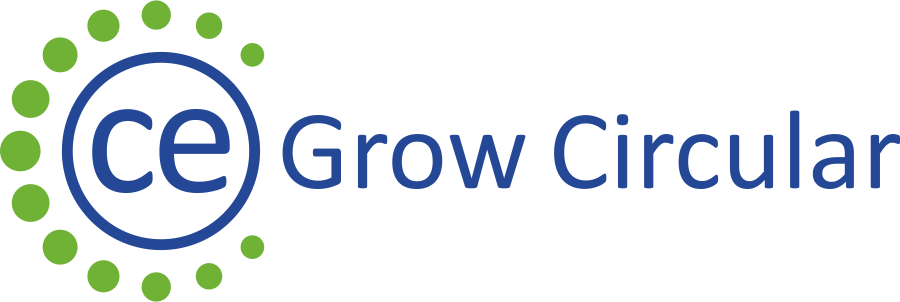vasileios.rizo…
Fri, 15/11/2024 – 14:51
With demand for lithium-ion batteries increasing worldwide, developing a solid understanding of the environmental and social impacts associated with how they are used is becoming increasingly important.
This will entail looking into the impacts of all stages of the battery lifecycle, from the extraction of raw materials to end-of-life treatment, i.e. the recovery and recycling of battery components. The EU Batteries Regulation mandates a carbon footprint declaration for all batteries entering the EU, calculated using the product environmental lifecycle assessment-based method. There is no such requirement for assessing social impacts, although a social lifecycle assessment tool available for this purpose has been used in various other sectors.
This event aims to discuss where we stand in terms of assessing the environmental and social impacts associated with lithium-ion batteries. It will tackle the following questions:
- What are the pros and cons of the existing methods for calculating the lifecycle environmental and social impacts of batteries?
- What lessons can be learned from existing projects and pilot schemes?
- What are the key remaining gaps and challenges?
Lunch will be laid on after the event, and will be an excellent opportunity for networking.
This in-person event will take place in Brussels on 10 December from 10:00 to 12:00 CET. It is a 2024 Raw Materials Week Side Event and organised in connection with the BATRAW project (Recycling of end of life battery packs for domestic raw material supply chains and enhanced circular economy).
50.849737919506, 4.3634505


